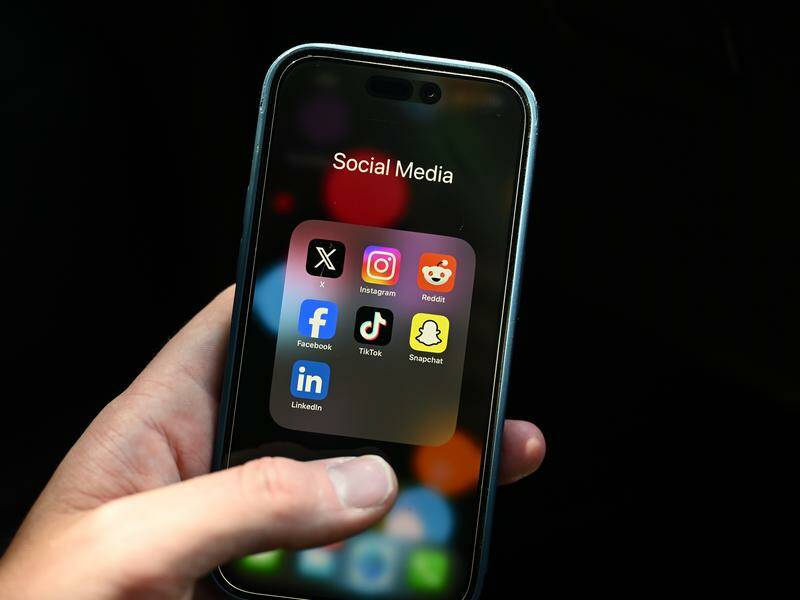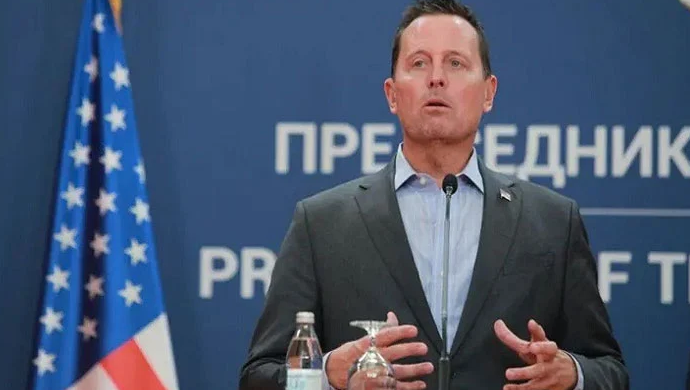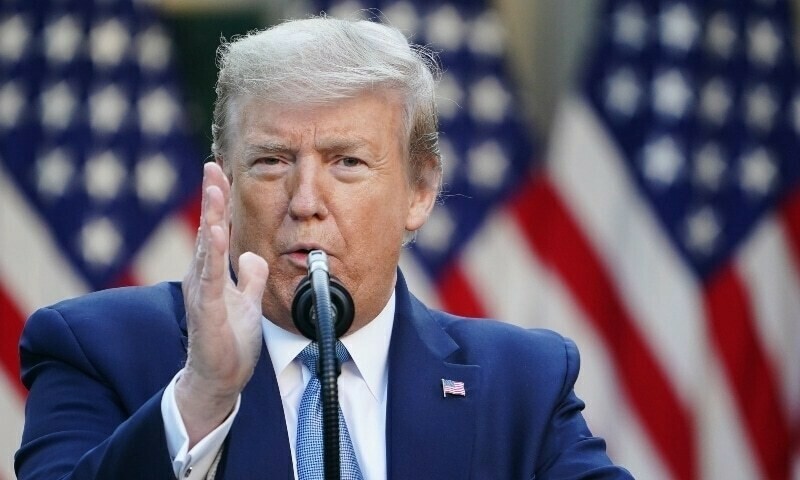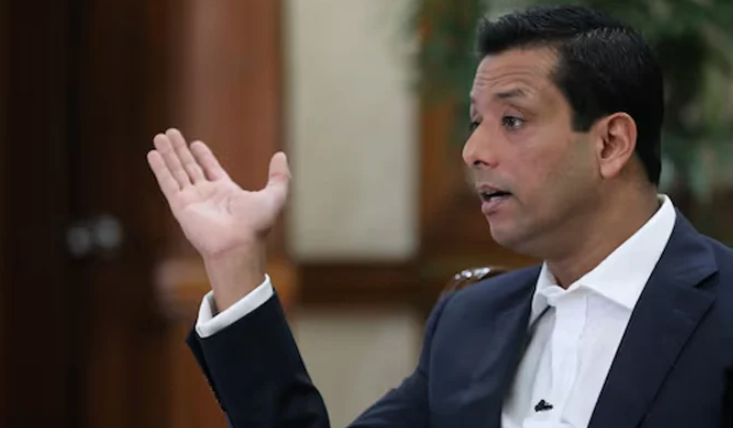WORLD NEWS

In a groundbreaking move, Australia has approved a law banning children under the age of 16 from using social media platforms, setting a global precedent for tech regulation. The new law, which will take effect in one year, mandates that tech giants like Meta (owner of Facebook and Instagram) and TikTok prevent minors from logging into their platforms or face substantial fines of up to A$49.5 million (approximately $32 million).
The law, officially called the Social Media Minimum Age Bill, comes after a heated national debate about the impact of social media on the mental health of young people. With overwhelming public support—77% of Australians backing the measure—the bill has been hailed as a major political victory for Prime Minister Anthony Albanese, ahead of the 2025 elections. Despite facing opposition from privacy advocates and some child rights groups, the ban has been praised by many as an essential step in safeguarding children from the dangers of online spaces.
The law positions Australia as a test case for other governments worldwide considering similar restrictions on social media usage among minors. Countries like France and certain U.S. states have already passed laws to limit social media access for children, often requiring parental consent. However, Australia's ban goes further, setting an absolute age threshold of 16. A similar ban in Florida, targeting children under 14, is currently being challenged on free speech grounds in the U.S. courts.
A trial to test the enforcement of the ban will begin in January, with full implementation expected in a year. This move is seen as one of the most stringent regulatory actions against Big Tech to date, signaling a shift in how governments are addressing the impact of social media on the younger generation.




